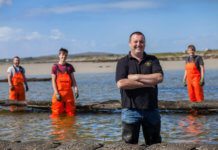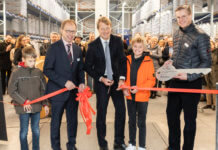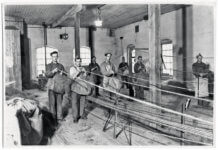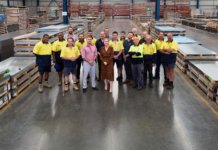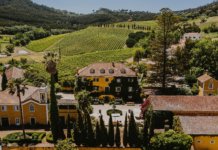According to Dr Emile Joseph Salamé, farming in Lebanon has come a long way since his father founded the family’s agribusiness, SAJES, in 1978. SAJES has been at the forefront of much of that change.
Crop varieties are dramatically different than they were four decades ago and now include plants bred to require less water – an immensely beneficial trait in the famously arid Levant. Organic farming is becoming popular, and many agriculturalists are looking to hydroponics and other modern techniques to bring their farms into the 21st century.
That said, Dr Salamé also points to several areas where Lebanese agriculture is falling behind. By and large, Lebanese farmers do not utilise the digital technologies that have been widely adopted elsewhere to monitor their crops and improve efficiency. Furthermore, many lack access to relevant scientific data when looking for solutions.
SAJES’ continued mission, asserts Dr Salamé, is to change all that. Since its inception, the company’s community-focused research and development has served the needs of the region’s farmers and innovated the agricultural sector. Moreover, the fact that SAJES is a family business is a contributing factor when it comes to sustainability; their people-first approach as important as the agricultural knowledge they proliferate.
Recently, Dr Salamé sat down with Tharawat Magazine to talk about farming from the field to the lab and back again.

How has agriculture changed since the 1970s when your father started the business?
In Lebanon, the kinds of crops we grow today have changed significantly compared to 50 years ago. My father contributed to the introduction and development of many of these new varieties. Today, we have over 23 different orchard trees, including several strains of apples, peaches and pears.
In recent years, however, the practice has not been a lucrative one. As such, the pace of change has slowed; farmers are unable to set money aside to invest in new technologies. Lebanon has fallen behind when it comes to digitisation in agriculture. Although we’re trying to introduce new tech into the sector, progressive policies and strategies must be implemented to support this development.
“Our research and development focuses on the needs of our farming clients, but we also help them grow and improve their businesses.”
SAJES is by and large a research and development company. How do you apply these activities in a saleable model?
At the same time as working in research, we maintain solid relationships with our customers, which helps us better understand the marketplace. Recently, we’ve seen the demand for organic agriculture grow significantly, so we are taking steps to develop that market in Lebanon. We’re also looking at hydroponics and other technologies that enable high-efficiency controlled growing environments that take up less space.
Our research and development focuses on the needs of our farming clients, but we also help them grow and improve their businesses. For instance, we offer guidance to farmers who want to reconfigure their business models.
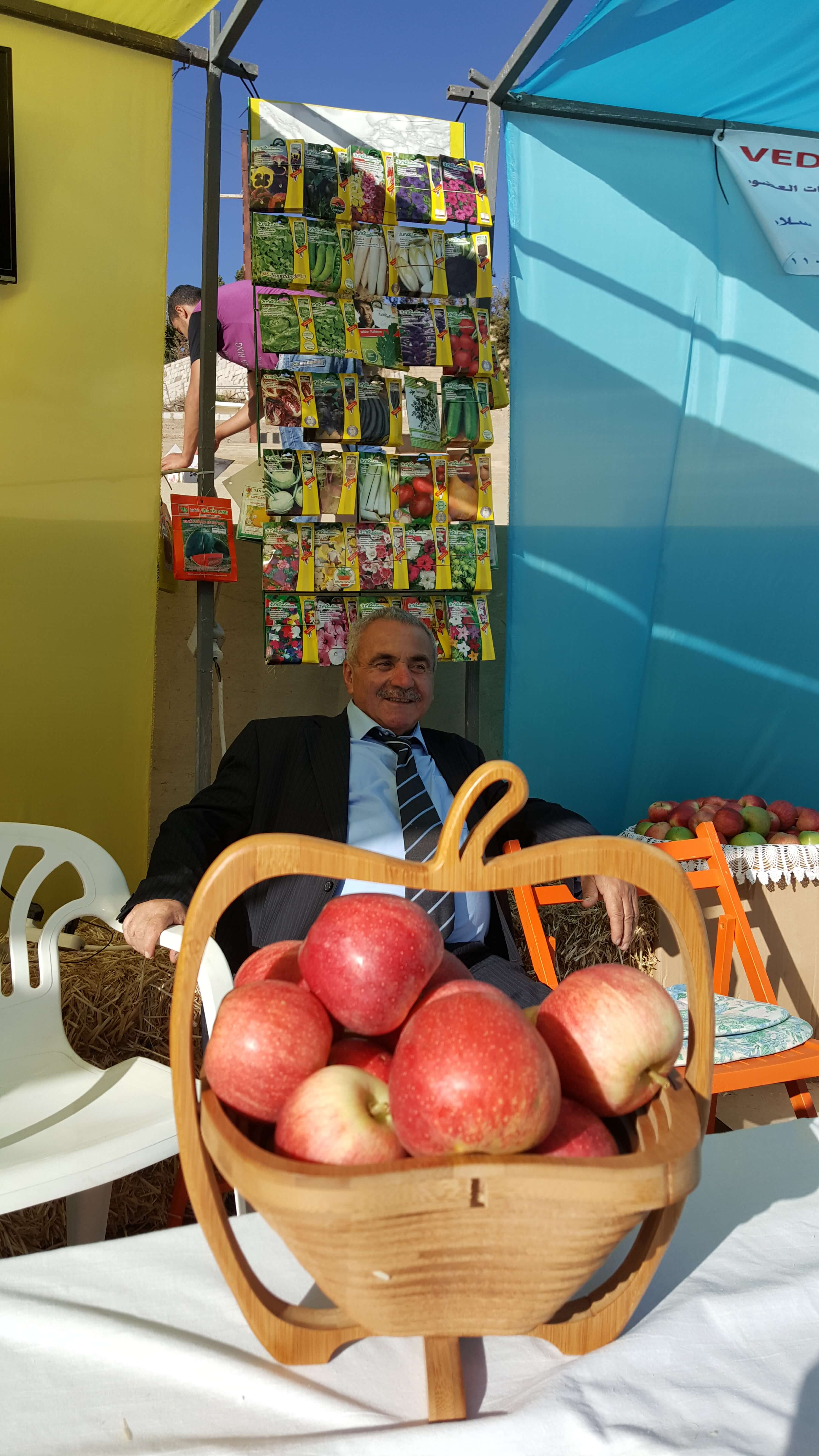
Has being a family business contributed to your success in the marketplace?
Yes, absolutely. Customers generally view family-owned firms as socially responsible and accountable, which isn’t always the case with larger organisations. Our employees are a direct reflection of our family business values. While we may be a large enterprise, we act as a single entity; everyone is held accountable. The family business aspect has helped us earn the trust of farmers and other clients, which in turn has had a positive impact on our business.
Moreover, we maintain transparency with regards to how we share our profits with the surrounding communities and philanthropic causes. Our customers are drawn to that aspect of doing business with us, and it’s another factor that differentiates us from the competition.
<blockquote>
“…It’s up to the next generation to embrace new technologies and adapt their businesses in ways their parents are reluctant to.”
What are the most significant challenges affecting Lebanon’s agriculture industry?>
One of the most significant obstacles impacting Lebanon and its neighbouring countries is the resistance to modernisation or change. Change is hard, and many farmers would prefer to keep doing what they’ve always done. For the most part, it’s up to the next generation to embrace new technologies and adapt their businesses in ways their parents are reluctant to.>
Another obstacle is maintaining quality and standards within a region. Technological limitations mean that farmers in Lebanon turn to each other for assistance – they lack solutions backed by science. Many farmers do not have a clear understanding of how to address problems as they arise. They do not have access to research data, which, elsewhere, is commonly used to improve production and ensure issues are dealt with correctly and swiftly. We offer guidance, free of charge, to farmers facing these kinds of challenges. However, this is an issue that the government or the farmers themselves should be addressing.
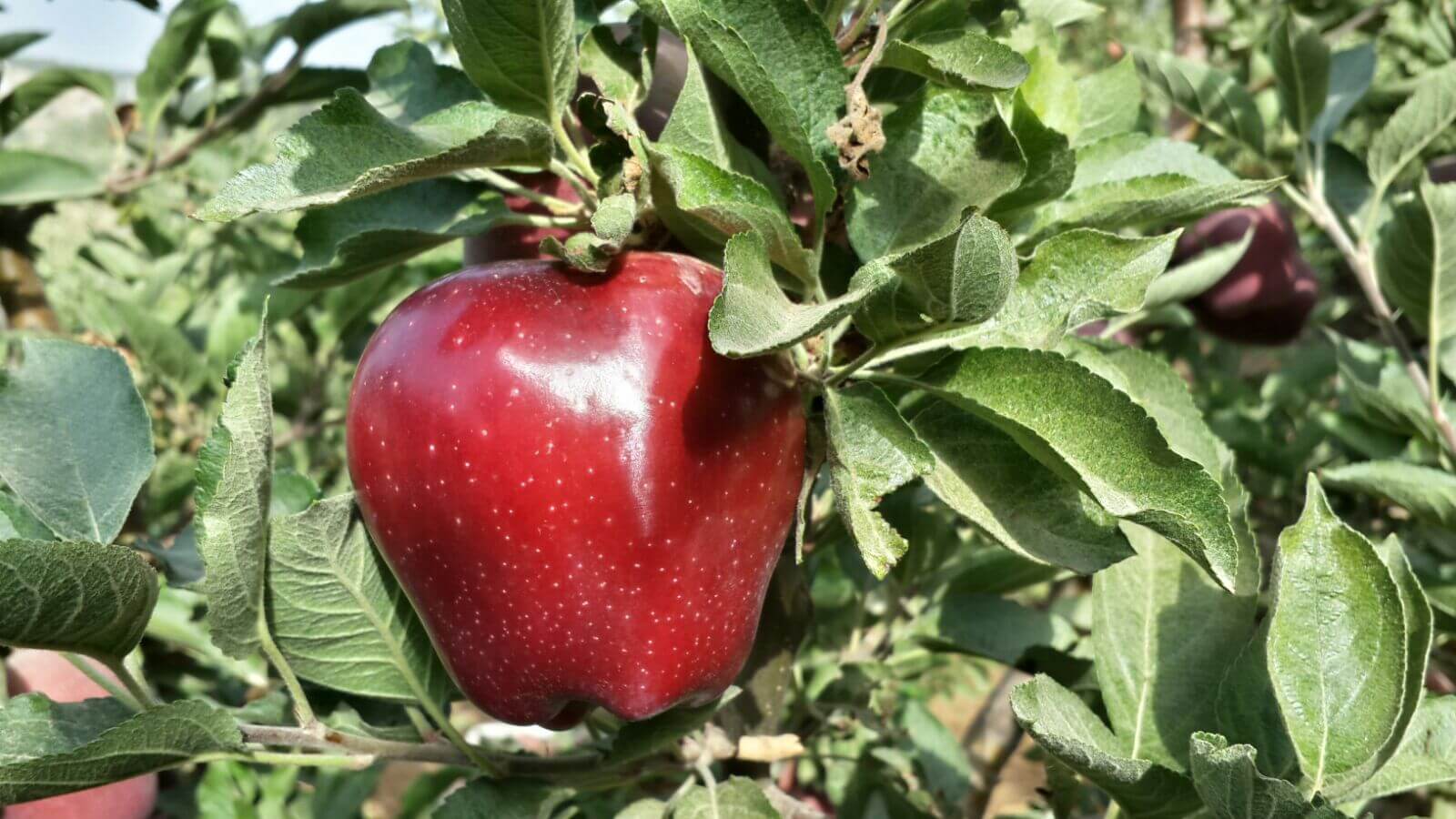
How are your clients adapting to climate change and global warming?trong>
Access to water in Lebanon is difficult as it is, and climate change is likely to exacerbate the situation. To address the challenge of irrigation, many farmers are opting to grow crops that require less water. Another strategy farmers are using to adapt to this change is by diversifying their product portfolio. That way, should they encounter issues with a particular product, they would still be able to capitalise on their other crops.
[ms-protect-content id=”4069,4129″]
Working together with family adds a layer of complexity that non-family businesses don’t have to contend with. Do you and your family ever disagree?
We do, but regardless of whether our opinions align or not, the important thing is communication. Each of us offers honest input based on our knowledge and experience. Different perspectives are a net positive for the business, as they give us more options to work with.
<p>We all joined the family business of our own volition and because we want to see it succeed – working together would be impossible if this wasn’t the case. I enjoy working with my family immensely. Our relationships and our business are stronger because of it.
I’ll also add that at SAJES, our definition of family extends well beyond those we are related to genetically. We consider our employees family as well, and just like family, we look after them and make sure they get the support and guidance they need.
What does the future of SAJES look like?>
Our primary goal is the internationalisation and diversification of our business not solely for profit but for the service of humanity. As a company, we want to explore the different ways we can better serve our communities. To do so, we must reinforce our family business values and incorporate an ethical framework we can all refer to.
Maximising profits is not the way to build better societies. We wish to operate at a level where human impact and profit coexist.
[/ms-protect-content]



